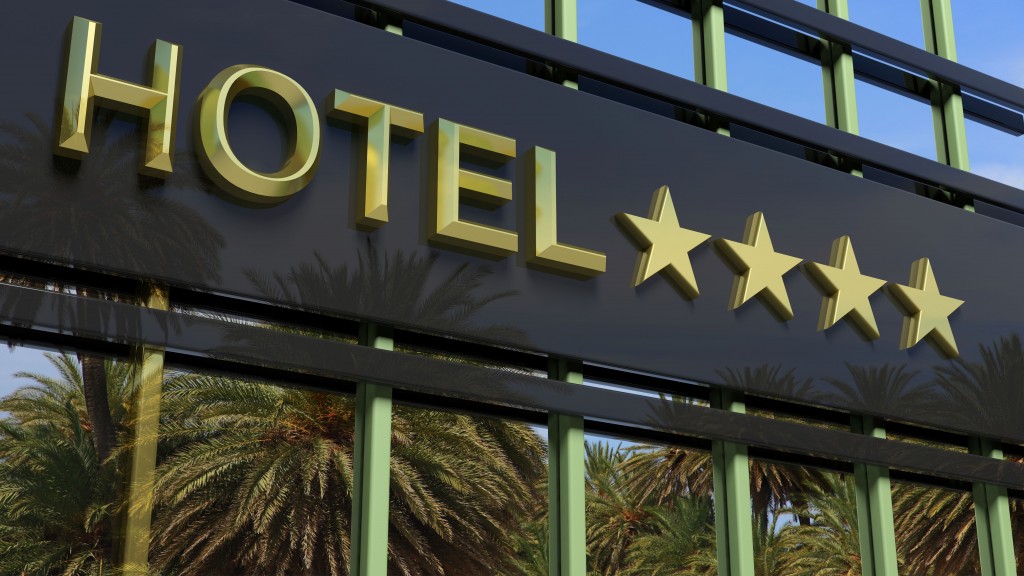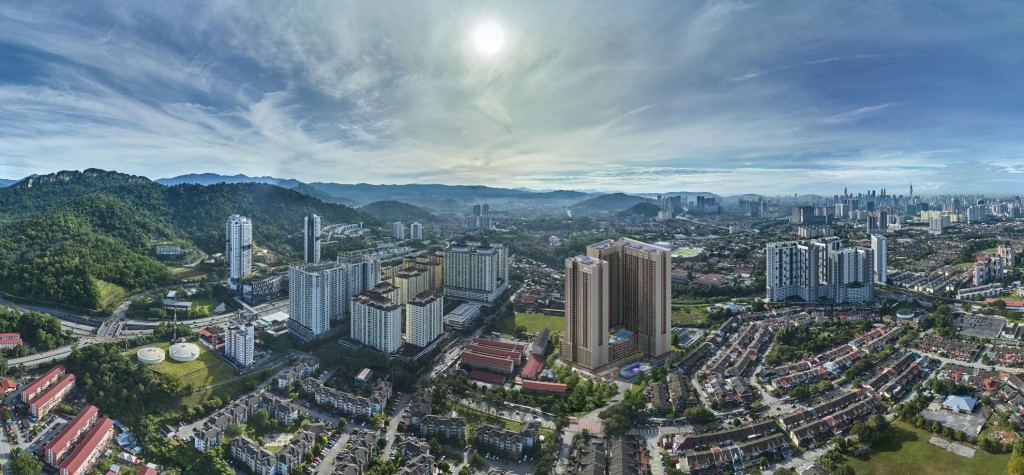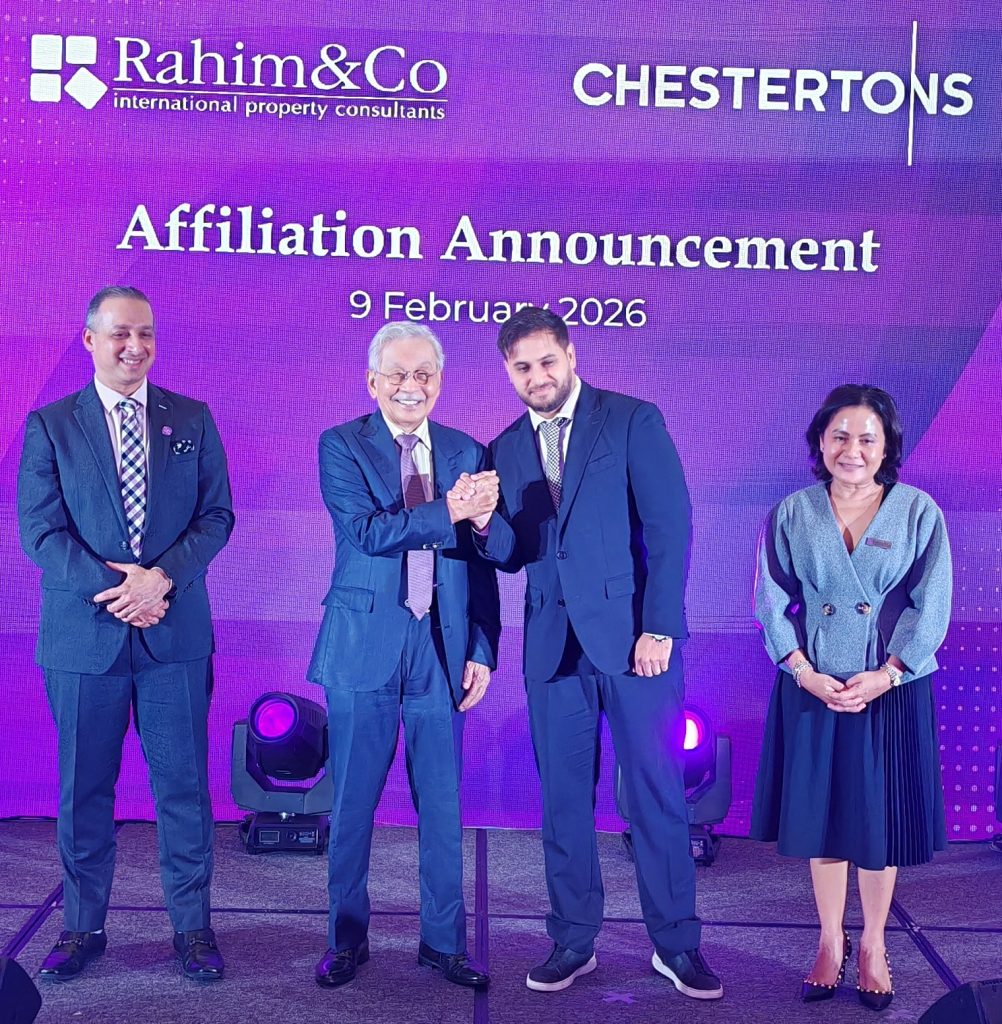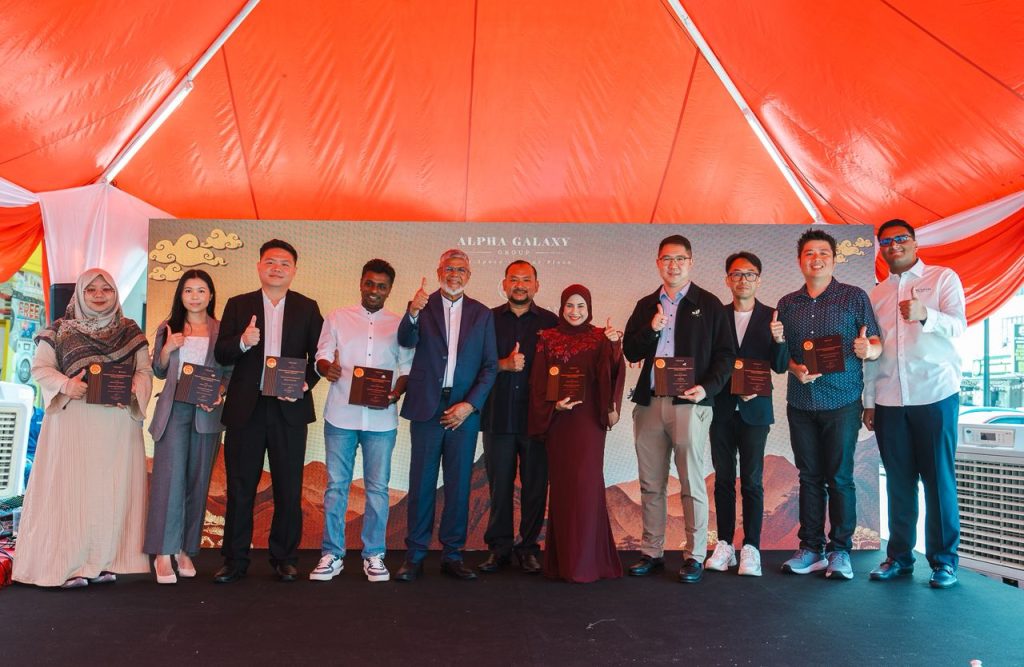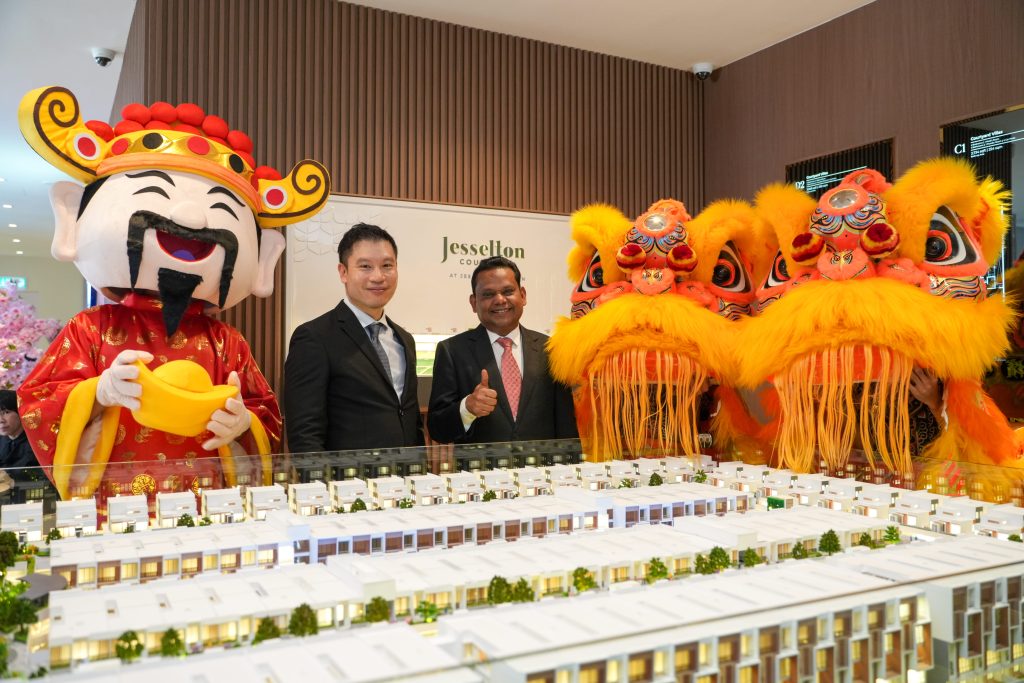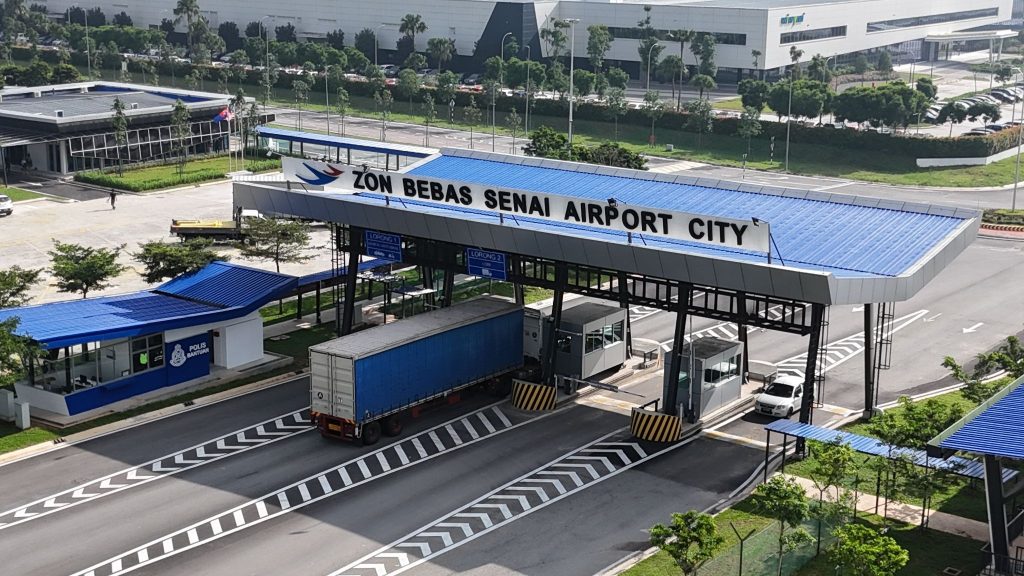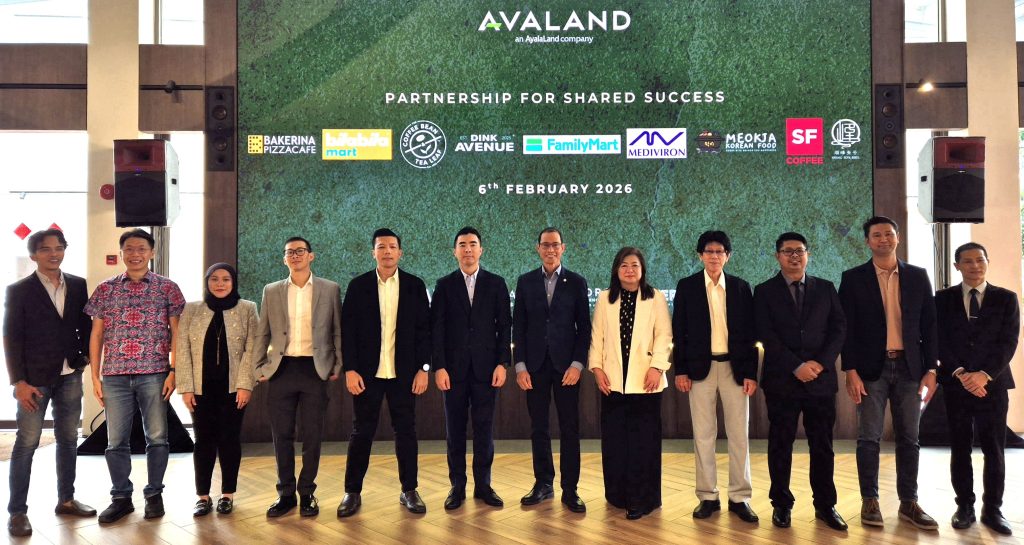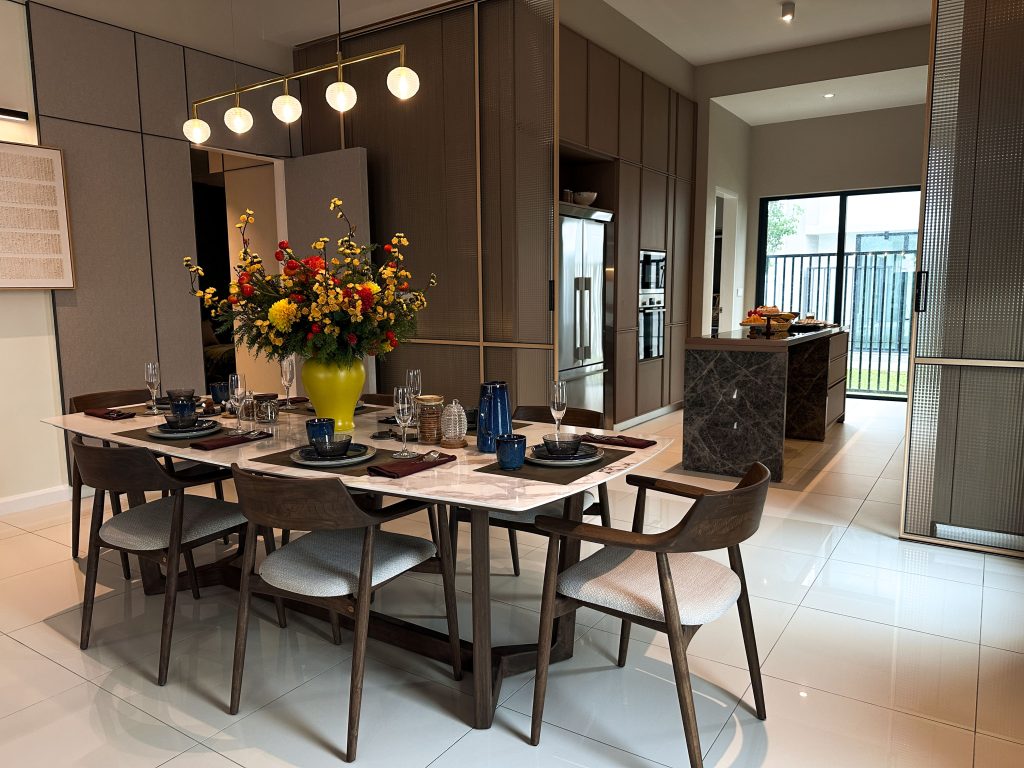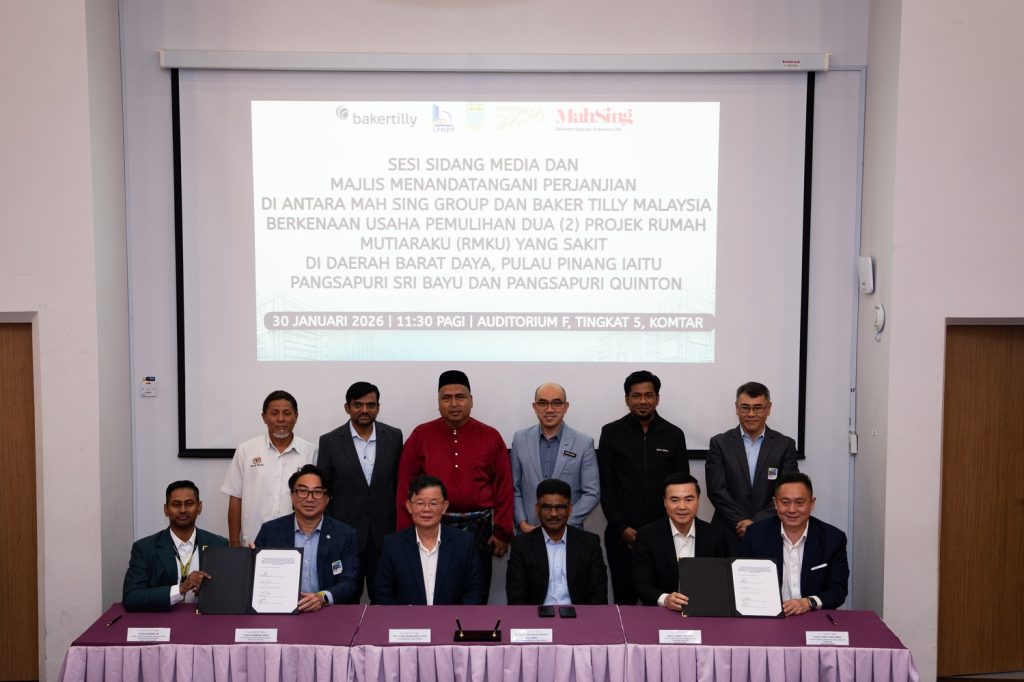The southern state’s hotel industry, with 18,654 rooms, is second only to KL
By Joseph Wong
The Johor-Singapore Special Economic Zone (JS-SEZ) is poised to become a powerful catalyst for growth in Johor’s hospitality industry as investments have been pouring into the southern state both locally as well as globally. As the zone takes shape, stakeholders in tourism and hospitality are gearing up for a wave of new opportunities driven by increased visitor numbers, heightened the strong investor interest and infrastructure upgrades.
At the heart of this development is the Malaysian Association of Hotels (MAH), a key stakeholder in Malaysia’s hospitality ecosystem. The association is actively working to promote tourism in Johor while ensuring that hotels in the state are equipped with upgraded facilities and professionally trained staff to meet the growing demands of international visitors.
The leadership and commitment of Johor Menteri Besar Datuk Onn Hafiz Ghazi in promoting tourism has been instrumental, said MAH vice-president Lim Choong Sean, who credited the state’s proactive policies for sustaining tourism momentum and attracting investment. “Johor’s hospitality industry continues to grow, with a total of 18,654 hotel rooms—the second highest in Malaysia after Kuala Lumpur,” he said.
Cross-border flow of tourists and business travellers
The JS-SEZ is expected to significantly ease cross-border movement between Johor and Singapore, enhancing the flow of both leisure tourists and business travellers. As seamless travel becomes a reality through initiatives such as the upcoming Rapid Transit System (RTS) Link, hospitality providers anticipate a sharp increase in room demand, especially in strategic areas like Johor Bahru, Iskandar Puteri and Desaru.
For hotels and resorts, this translates into higher occupancy rates and the opportunity to cater to new market segments. Business-class hotels, serviced apartments and wellness-focused resorts stand to benefit particularly from the influx of Singaporean professionals and international investors seeking short- to mid-term stays.

“Johor’s hospitality industry continues to grow, with a total of 18,654 hotel rooms—the second highest in Malaysia after Kuala Lumpur,” Lim said.
A magnet for investors and property developers
Beyond tourism, the JS-SEZ is attracting significant attention from real estate developers looking to capitalise on Johor’s rising property values. This includes not just residential and commercial developments but also hospitality-focused real estate such as integrated resorts, convention centres, boutique hotels, and mixed-use urban hubs.
With Malaysia’s government providing generous incentives such as tax exemptions, investment allowances and tourism grants via the Malaysian Investment Development Authority (MIDA) and the Ministry of Tourism, Arts, and Culture (MOTAC), hospitality ventures in Johor have become increasingly attractive to both domestic and foreign investors.
Malaysia’s broader tourism rebound is adding further fuel to this momentum. In 2024, the country recorded 22.5 million foreign visitors between January and November, a 26% jump from the previous year. Notably, Singapore remains the top source country, contributing over nine million visitors, reinforcing the strategic importance of Johor’s proximity to its southern neighbour.
Meanwhile, Chinese tourist arrivals surged by 123%, and Malaysia continues to climb in global rankings as a preferred travel destination. It was named Destination of the Year at the TripZilla Excellence Awards 2024, and recognised as Asia’s most loved country in a recent Insider Monkey study, outperforming regional peers in categories such as friendliness, diversity and democratic values.
To support long-term tourism growth, Malaysia has extended visa exemptions for Chinese and Indian nationals until the end of 2026, another move likely to bring sustained benefits to the hospitality sector.
Elevating quality and experience
As visitor numbers increase, so too do expectations for quality. MAH is urging hoteliers in Johor to modernise their offerings, integrating smart technologies, sustainability practices and biophilic design to enhance guest comfort and well-being. From green-certified building materials to water-saving systems and contactless check-ins, hotels are being encouraged to innovate in line with global hospitality trends.
Lim also emphasised the importance of training and talent development to meet rising service expectations. “Well-trained, customer-oriented staff will be key to retaining repeat guests and ensuring Malaysia remains a preferred destination,” he said.
Hospitality’s role in placemaking
The development of the JS-SEZ is not just an economic initiative. It is a placemaking opportunity, with hospitality playing a central role in shaping the identity and experience of Johor as a destination. Boutique hotels that showcase local design, resorts that highlight the region’s natural beauty and culinary venues that celebrate Malaysian-Singaporean heritage all contribute to building an authentic, attractive tourism brand for Johor.
Programs like Malaysia My Second Home (MM2H), which attract long-term expatriates, retirees and digital nomads, further reinforce the need for diverse and high-quality hospitality offerings, from premium serviced apartments to wellness resorts and family-friendly accommodations.
With all signs pointing to accelerated growth, the JS-SEZ is set to be a game changer for Johor’s hospitality industry. As the zone evolves, industry players must work collaboratively to seize the opportunities presented—by investing in quality, embracing sustainability, and delivering experiences that resonate with a global audience.
“The JS-SEZ is not just about economics. It is about creating a vibrant, connected, and welcoming destination. Hospitality is at the heart of that vision,” said a MAH spokesman.
Stay ahead of the crowd and enjoy fresh insights on real estate, property development and lifestyle trends when you subscribe to our newsletter and follow us on social media.

